As you may know, many skincare and cosmetics use animal products for raw materials. from glycerine in makeup items to animal hair in shaving brushes and even beeswax in lipsticks and balms.
Manufacturers often use these resources because they are more affordable and widely available. However, consumers are becoming more aware of the need for cosmetics with natural ingredients and minimal processing.
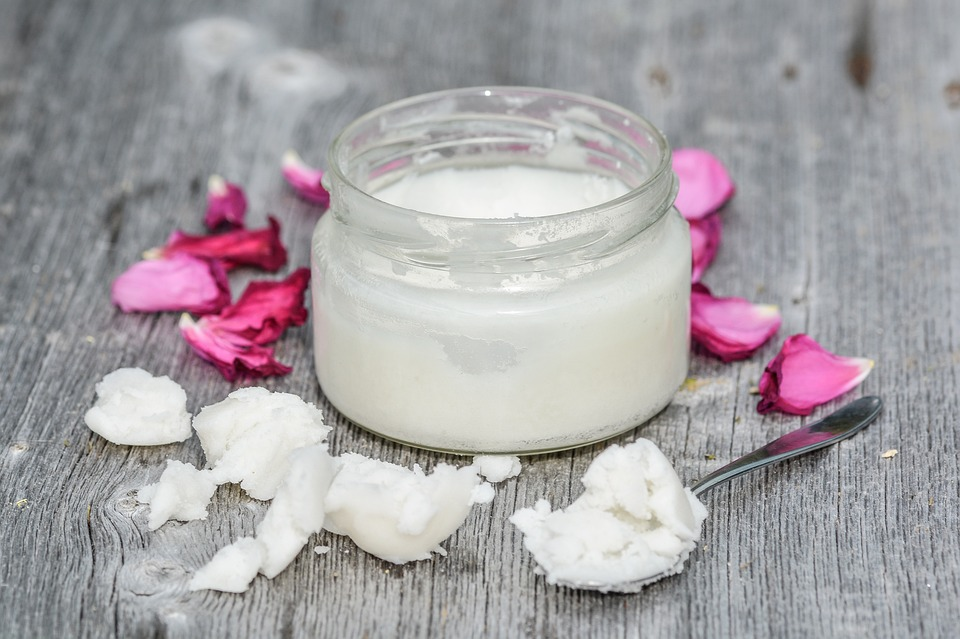
Some make the change for the sake of adopting a healthy lifestyle. Others do it for the sake of the planet. Whatever the reason, it is important to consider the power of natural ingredients in cosmetics and skincare products.
The information below details topics of natural cosmetics ingredients and related questions.
What Exactly Are Natural Ingredients?
A natural ingredient is sourced from nature, such as plants, minerals, and other renewable sources. It could also mean a raw material that goes through minimal processing or processing methods that cause the least impact on the environment and humanity.
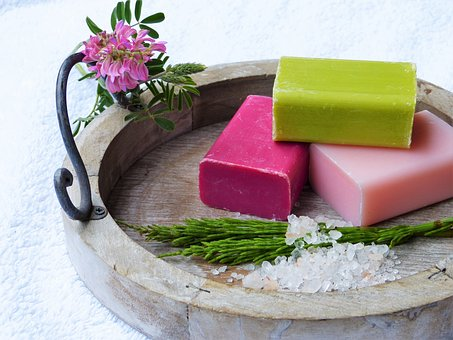
Minimal processing means the plant or mineral undergoes manufacturing procedures that do not fundamentally alter it.
Organic Cosmetics
Organic cosmetic products must contain a minimum of 95% organic ingredients, with no compounds of petroleum, paraffin, synthetic ingredients, artificial flavors and dyes, genetically modified organisms (GMOs), and any other components of synthetic origin. Instead, they use natural flavors and colors.
It is worth noting that organic cosmetics may contain animal products or animal-derived components because they are considered 'organic.'
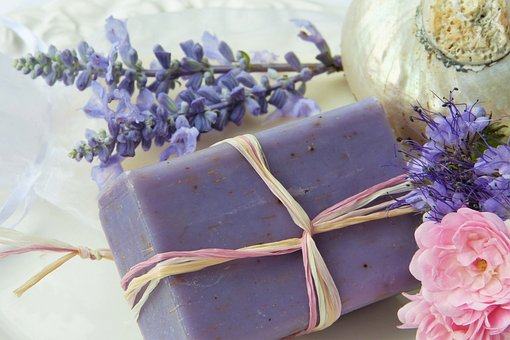
Vegan Cosmetic Products
Vegan cosmetics, on the other hand, have no animal or animal-derived ingredients. Therefore, they are made from plants and other non-animal but often organic sources. This can include naturally occurring minerals such as salt and food material.
Some companies label their products 'Vegan' because they have not been tested on animals. However, this is a completely different concept.
Cruelty-Free Cosmetic Products
Cruelty-free products are completely free of animal testing at any point during production. It is common for companies to avoid testing the final product on animals.

However, some test it along the way or use ingredients tested on animals by a third party. Therefore, the lines of cruelty-free products are sometimes challenging to read.
It is important to note that even a cruelty-free cosmetic product can contain an artificial ingredient and thus may not be 'natural' or 'organic.'
Natural Ingredient Cosmetics
A manufacturer looking into natural ingredient cosmetics must often meet the following criteria for sustainable and ethical standards:
-
Vegan
-
Cruelty-free
-
Palm oil free
-
Non-toxic
-
Ethical ingredient sourcing
-
Zero-waste or compostable packaging
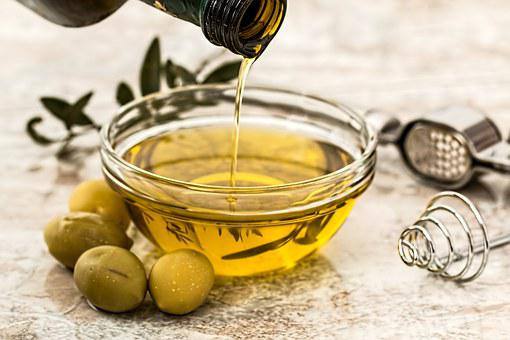
The best natural ingredients for cosmetics and skincare products include the following:
-
Algae
Algae are similar to aquatic plants but are a diverse group of eukaryotic organisms; they contain a nucleus and other membrane-bound organelles.
Algae contain iron, proteins, amino acids, various minerals, plus vitamins A, B, C, and E. It is a top natural ingredient for skincare products that trap and store moisture for anti-aging needs.
-
Turmeric
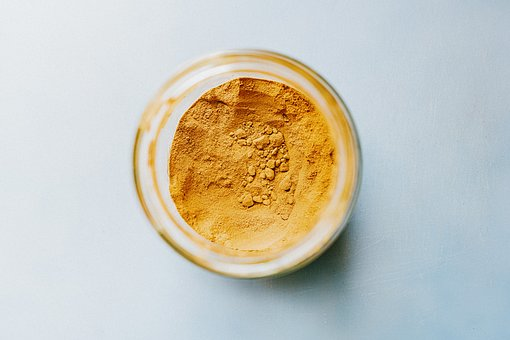
Turmeric is part of the ginger family, known as a yellow-orange spice common in Asian cuisine. The spice contains chemical compounds called curcuminoids that exhibit anti-inflammatory and antioxidant properties.
Therefore, manufacturers can use the ginger root in products that treat skin problems such as acne, eczema, and psoriasis.
-
Licorice Root Extract
This ingredient produces strong natural flavors in food, tobacco, candy, and beverages. The bioactive compounds in licorice have been shown to have anti-inflammatory and skin soothing effects.
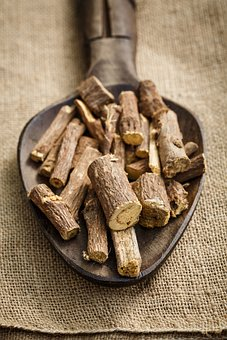
So it can treat skin disorders such as dermatitis and acne.
Licorice is also a skin-lightening agent that treats uneven skin tone and hyperpigmentation. -
Coconut
Coconut is one of the most versatile ingredients, with multiple bioactive compounds such as steroids, alkaloids, and flavonoids. In addition, it contains vitamin E.
Coconut is present in makeup products, sun protection creams, hair and face creams, lip oils, and many more. It maintains the skin's hydration and can treat chronic skin diseases.
-
L-Ascorbic Acid

Also known as vitamin C, ascorbic acid is a top natural ingredient for skincare. The weak acid structurally related to glucose is a strong antioxidant. It is effective as an anti-aging supplement.
L-ascorbic acid is present in sunscreens, face serums, foundations, and primers.
-
Rosemary Extract
Rosemary is often known for its culinary and aromatherapy uses. However, it has bioactive phytochemicals that can heal wounds.
It can inhibit the harmful effects of UV skin damage, so it is present in sun protection products. Some sustainable brands also use it as a natural preservative that prevents cosmetics from oxidizing.
-
Himalayan Sea Salt
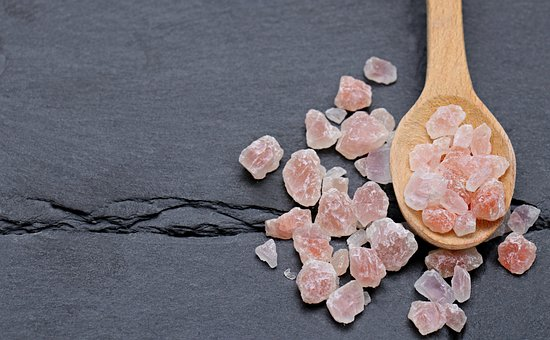
This compound has trace minerals such as calcium, iron, potassium, and zinc. Manufacturers use the sea-extracted element to make topical facial scrubs.
-
Tea Tree Oil
Derived from the Australian tea tree, tea tree oil has been used in skincare and cosmetics for hundreds of years. It has excellent antibacterial, antifungal, and antimicrobial properties.
Tea tree oil can be used solely as an essential oil. However, manufacturers use it in sustainable face wash and creams.
-
Charcoal
Some cultures use charcoal (and activated charcoal) to treat nausea and poison. Besides this, it is an effective cosmetic ingredient.
Charcoal has small low-volume pores that increase its surface area, thus its absorption properties. It can draw excess oil, bacteria, dirt, and chemicals from the skin.
It is why many manufacturers use it in face masks, scrubs, and cruelty-free deodorants. -
Lavender Oil
Manufacturers will be happy to learn that there are 47 species of the lavender plant. And each plant has a unique and complex mix of phytochemicals.
Lavender oil is common in fragrances, skin-repairing creams, and sunburn-soothing serums.
-
Green Tea
Many consumers know green tea as a healthy beverage. However, manufacturers recognize it as an antioxidant cosmetic ingredient.
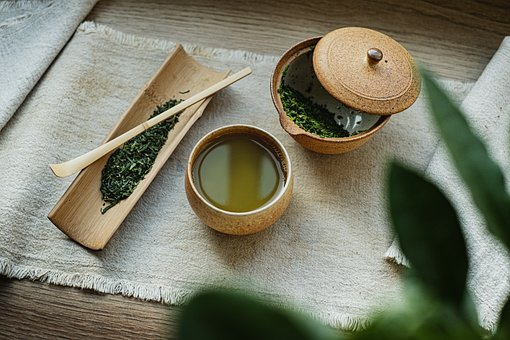
It is common in face creams and serums that slow down the process of aging. In addition, green tea can repair sun-damaged skin, so it is not uncommon to find it in sunscreen.
-
Ubiquinone
Ubiquinone, or CoQ10, is a non-protein chemical compound found in vegan sources such as spinach, broccoli, fermented yeast, and cauliflower.
The compound slows down aging and strengthens the epidermal layer of the skin. Thus, it is commonly found in face creams, foundations, and primers.
-
Shea Butter
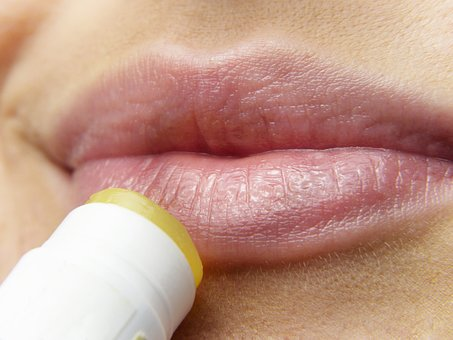
Shea butter is one of the top natural ingredients in cosmetics. It has fatty acids and antioxidant properties.
Shea butter is common in hair products, makeup items, face creams, lip oils, and many more.
Consumers' Industry Trends
In the last decade, consumer choices have shifted towards environmentally friendly and natural ingredient cosmetic products and services. It is attributed to the changing demographics of skincare consumers.

Most customers are under 35 years old, making it a concentration of millennials and Gen Z. These groups are the most concerned about sustainability and green-related issues.
In addition, they are key users of social media platforms, which play a key role in birthing and supporting cosmetic trends. So, most of the market is more attracted to products with a 'green label.'
Therefore, seeing natural ingredients such as almonds, aloe vera, fruit, coconut, and similar elements on the labels makes consumers feel more at ease than reading about chemicals and artificial ingredients, even if they are not dangerous. The same concept applies to minimally processed cosmetics.

In fact, it is visibly evident per theglobal vegan cosmetics market size. It was USD 12.72 billion in 2020, expected to grow at a CAGR of 6.57% between 2021 and 2028, resulting in a market size of USD 24.79 billion in 2028.
Vegan Cosmetics and Skincare
As people look for cosmetics without chemicals, the greater market has adopted vegan cosmetics and skincare. Manufacturers are using alternate ingredients when making cosmetics and skincare items such as essential oils, makeup,

face scrubs, anti-aging serums, etc.
Why Vegan Skincare?
Some of the reasons why more consumers are turning to vegan products include the following:
-
Gentler feel. Since vegan products are made from organic and natural ingredients, they are often gentler on the skin. Thus, they are ideal for consumers of all skin types.
-
More nutrients. Since vegan cosmetics use ingredients derived from plants, they are a more nutritious form of beauty products.
-
Price. The cost of vegan cosmetics has become competitive with the significant market growth, encouraging consumers to shift.
-
Environmentally beneficial. Manufacturers go to lengths to provide environmentally friendly processing such as cold pressing. Also, since the ingredients are already found in nature, there is less need for laboratory generation and extraction.
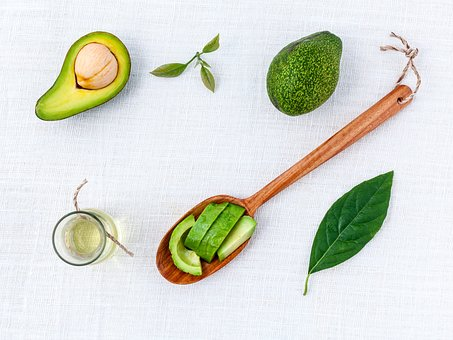
Vegan Alternatives to Common Cosmetic and Skincare Ingredients
Plant-based collagen and microalgae
Companies that opt out of meat substances must avoid collagen since it is a protein extracted from bone and hair.
Collagen is a common ingredient present in firming creams and anti-aging products. It promotes natural collagen production and regeneration.
Instead, manufacturers use plant-based collagen alternatives, the most common being the seeds of the St. John’s Bread tree. Microalgae is another natural ingredient that provides collagen's specific needs.
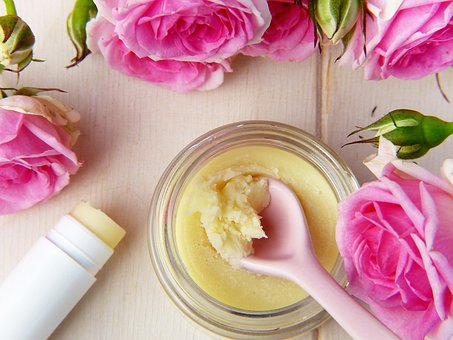
agar or carrageenan
The fatty protein gelatin is a byproduct extracted from skin and bone tissue. It is a thickener in personal care products such as shampoos, facemasks, body lotions, and sunscreens.
Luckily, agar and carrageenan have the same thickening properties as gelatin; they both come from seaweed.
Soy and Candelilla wax
Beeswax may be organic but not vegan since it is an animal byproduct. The thickener is present in balms, lipsticks, creams, and foundations.
In place, manufacturers use soy for lipstick and balm bases. Some also use candelilla or carnauba wax to cater to those with soy allergies and related healt
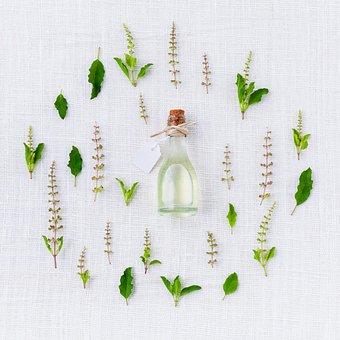
h issues.
jojoba oil and orange oil
Lanolin comes from sheep's wool and is a well-known emollient in moisturizing and lip products. Manufacturers use products with vitamin E plus natural botanical oils such as tea tree oil, virgin coconut oil, jojoba oil, orange oil, and other essential oils.
synthetic hyaluronic acid
The skin and connective tissue create hyaluronic acid naturally. But it can also be derived from the joint fluids and umbilical cords of cows and horses. Brands use it in hydrating cosmetics for a plump look.
So, manufacturers can opt for lab synthesis to generate the element. Science-generated hyaluronic acid is safe and 100% vegan.
Manufacturers taking a step towards vegan cosmetics should also avoid using honey, squalene, glycerine, retinol, guanine, and estrogen.
Benefits of Using Natural Ingredients in Cosmetic Processi
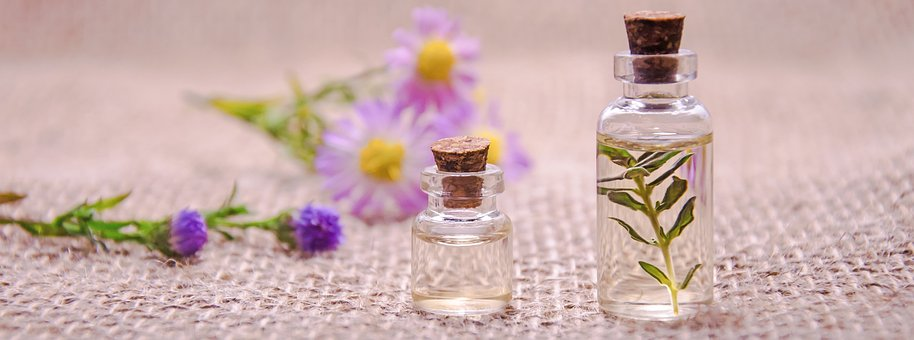
ng
Manufacturers who switch to natural ingredients when making cosmetics enjoy the following benefits:
Participating In Sustainability And Environmental Preservation.
The general public is more aware of the need for sustainability and preserving the environment. Most consumers want sustainable products and packaging. And companies in all industries have to play their part as they produce products and offer services.
By switching to natural ingredients that are minimally manufactured and sourced ethically from nature, companies do their part in sustainability and environmental preservation.
It may seem small, but it goes a long way in attracting consumers, building a good reputation, and keeping up with modern market trends.
Cater To A Wider Market.
More consumers are switching to natural ingredient cosmetics for various reasons. Some do their part in going green, while others do it for veganism and health issues.
By switching to natural ingredient cosmetics, companies can cater to a broader range of consumers and serve their needs. It can translate to brand loyalty and improved profits.
Safety
When a brand sells even one product that affects the health or safety of a consumer, it could result in lawsuits and a poor brand reputation. Companies can lose a lot of capital, and even the entire organization, because of issues like these. Switching to natural ingredient cosmetics reduces the risks of chemical safety issues.
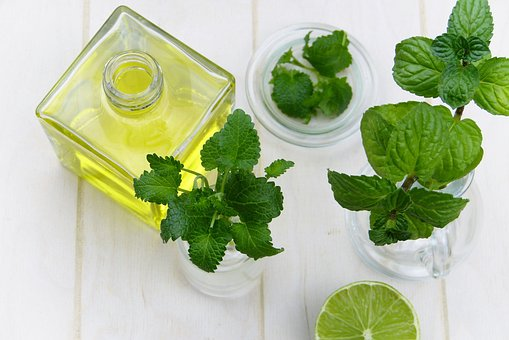
Final Thoughts
Going natural is taking over for the environment, health issues, and safety. It greatly affects industries that produce products that directly go into the body or touch the skin. Thus, food and cosmetic companies are in the spotlight, encouraged to go green to serve consumers better while doing their part in sustainability.
The market size for vegan cosmetics is expected to grow exponentially by 2028. Smart business owners know now is the best time to switch and invest in natural cosmetics.
